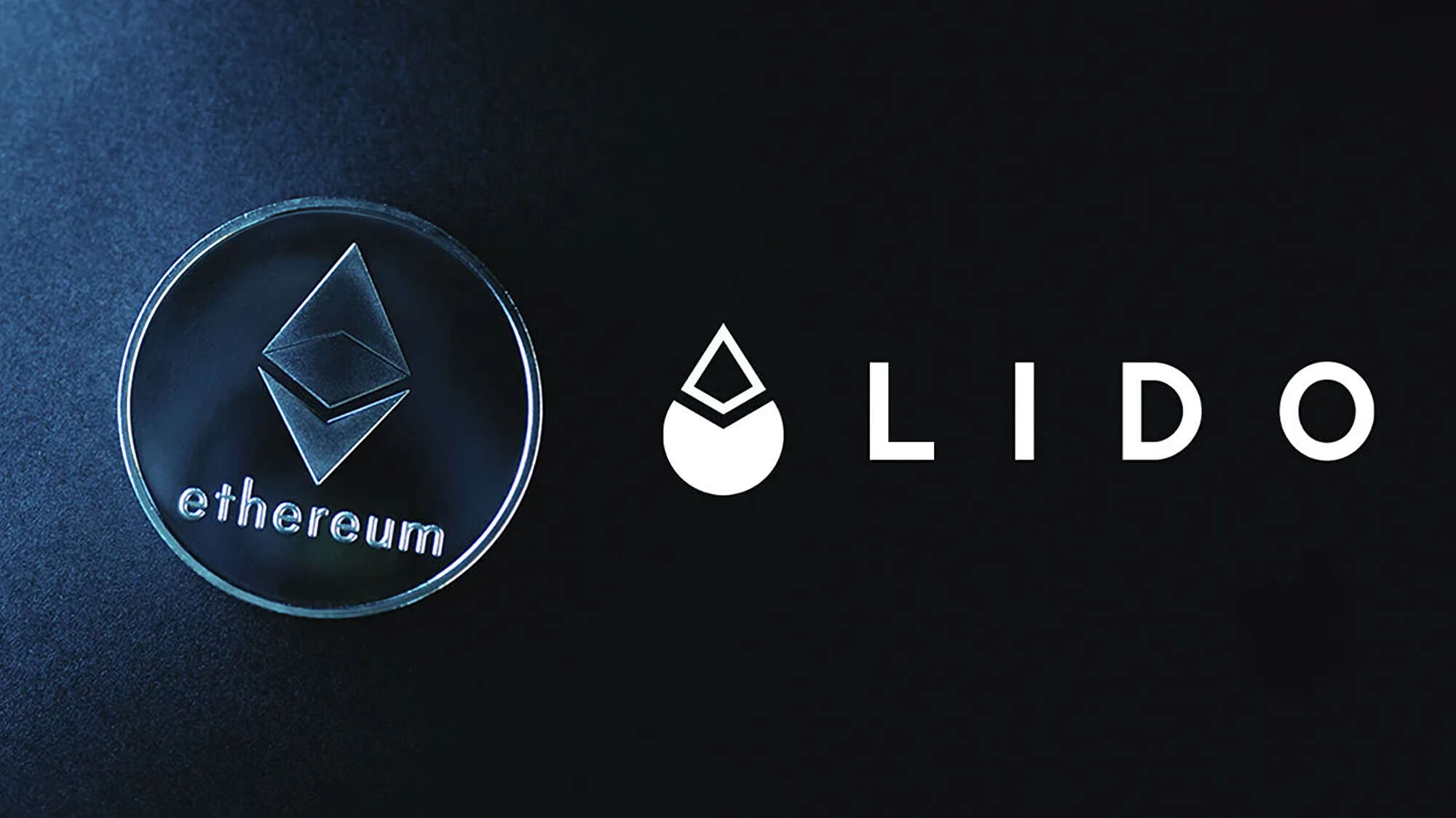A California court ruled that Lido DAO, managing Ethereum’s liquid staking protocol, is a general partnership, holding members legally liable for its actions.
Decentralized autonomous organizations (DAOs), particularly those engaged in Ethereum (ETH) liquid staking, are affected by a recent ruling from a California court.
California Court approves Lido
Today, a California court determined that Lido DAO, which oversees the Lido liquid staking protocol, is classified as a general partnership under California law. This classification could result in the organization’s members being legally held accountable for the organization’s actions.
Andrew Samuels, an investor in Lido DAO’s native tokens (LDO), filed a lawsuit in court, contending that the tokens should be legally classified as unregistered securities.
The notion that Lido DAO operates and functions as a general partnership was confirmed by US Judge Vince Chhabria’s ruling, which exposes its members to potential liability for the DAO’s actions.
According to Andreessen Horowitz (a16z) advisor Miles Jennings, the decision represents a “huge blow” to DAOs.
“Today, a California judge dealt a huge blow to decentralized governance.
Under the ruling, any DAO participation (even posting in a forum) could be sufficient to hold DAO members liable for the actions of other members under general partnership laws.”
This ruling fundamentally challenges the notion that decentralized structures can circumvent legal accountability.
The ruling implicated a16z, Dolphin, Paradigm, and Dragonfly, as well as other investment firms, for their contributions to the Lido DAO.



